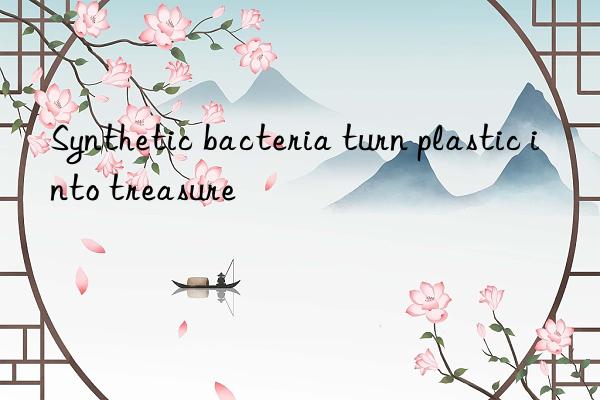
American scientists have discovered that a group of synthetic bacteria can effectively turn plastic waste into useful compounds. These bacteria could help combat the growing problem of plastic pollution, producing valuable chemicals and products such as those used in adhesives, insulators and making nylon. Relevant research was recently published in Nature Communications.
Plastic pollution is a growing global crisis with profound negative consequences for the environment, wildlife and human health. One possible solution is to use engineered microorganisms to recycle plastic into products, but this is extremely complex and fraught with difficulties.
Lu Ting from the University of Illinois at Urbana-Champaign and James from the Massachusetts Institute of Technology Collins and colleagues designed two genetically engineered strains of the soil bacterium Pseudomonas putida to upcycle the most common plastic, polyethylene terephthalate. Each strain breaks down one of two products (terephthalic acid and ethylene glycol) produced by the chemical breakdown of plastics.
The study found that these strains combined process the two products more efficiently than either strain alone. These bacteria further upcycle the plastic, converting it into biodegradable polymers such as polyhydroxyalkanoate and muconate, which can be used to synthesize polyurethane and adipic acid. Polyurethane is used in insulation, foams, coatings, adhesives, and adipic acid is used to make nylon.
These findings suggest that engineered microbial populations may be a promising and effective platform to promote polymer upcycling and environmental sustainability. In addition, the researchers believe that the concepts and strategies behind it may also be applicable to processing other types of plastics.

 微信扫一扫打赏
微信扫一扫打赏

